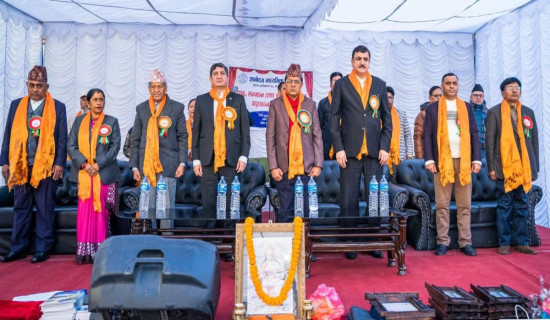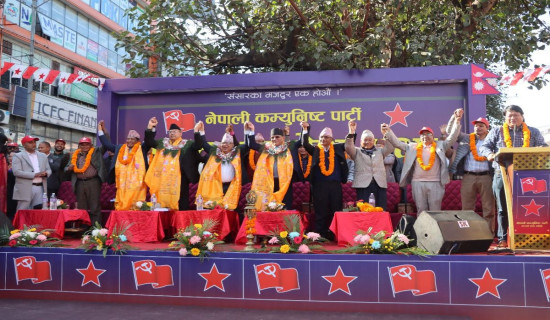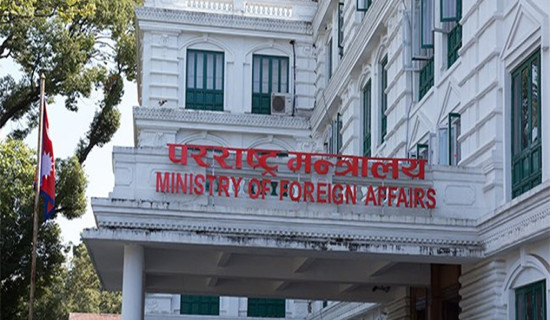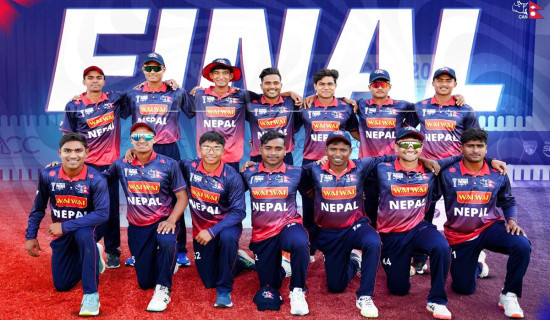- Monday, 1 December 2025
EC reviewing applications of six new political parties
By A Staff Reporter
Kathmandu, Oct. 26: The Election Commission (EC) is now reviewing the applications of six newly formed political parties.
The parties are seeking registration to contest the elections to the House of Representatives slated for March 5, 2026.
Election Commission Information Officer Suman Ghimire informed that the six applications were submitted after the announcement to hold fresh elections. Ten others had applied before the September 8–9 Gen-Z movement.
Ghimire added that the Commission is assessing the documents submitted by all 16 parties, and only those meeting the legal requirements will be approved.
Among the new parties, the Shram Sanskriti Party, led by Dharan Sub-Metropolitan City Mayor Harka Sampang, applied on September 23. The Nepal Nagarik Party, headed by advocate Surendra Bhandari, submitted its application on September 25.
The Gatisheel Loktantrik Party, led by Dinesh Raj Prasai with the proposed election symbol of Jyoti (Light), applied on October 16.
On October 19, three parties submitted their applications. They are Nepal Liberal Party, led by Gopilal Neupane with the proposed symbol of a coin; the Rastriya Gen Z Party, led by Hira Prasad Soti with the proposed symbol of crossed Khukuri and the Rastriya Pariwartan Party, led by Ajay Kumar Rai with the proposed symbol of Basuri (flute), the EC informed.
The Election Commission will decide on the allocation of these symbols in accordance with existing laws and procedures.
The Commission has recently been verifying the names of the party members of the Shram Sanskriti Party, led by Harka Sampang, said Ghimire.
According to the Commission, the 10 applications submitted before the election announcement were incomplete and lacked the required documents.
The Commission has sought further documents from these parties as required under Section 5 of the Political Parties Act, 2016, which mandates submission of the party’s statute, flag, and electoral symbol samples, signatures of at least 500 registered voters with citizenship or voter ID copies, and a minimum 21-member central committee.
The EC has been sending letters to the 10 parties, requesting the missing documents, and if the parties fail to submit them, their applications will be rejected.
So far, 124 political parties are registered with the EC, including two newly approved--Deepak Kumar Sah-led Janaswaraj Party, formed after splitting the Janamat Party, and Keshav Bahadur Magar-led Rastriya Janamukti Party, splitting the Nepal Janamukti Party.
Although registration for newly proposed political parties remains open until November 16, the EC noted that the registration process is lengthy.
Even parties that submit all required documents typically need about a week to complete registration due to multiple verification steps, including checks of party names, names of party members, their citizenship numbers and other records.
Therefore, the Commission has urged aspiring groups to submit their applications as early as possible to avoid delays.
As per the Commission’s schedule, the parties willing to contest the poll should register separately for the purpose. The parties will then have a 10-day window, from November 17 to 26, to register for election purposes. Only the parties registered within this period will be eligible to apply for participation under the proportional representation system.
76096 new voters registered
According to Election Commission (EC) Information Officer Ghimire, as of Sunday, a total of 76096 new voters have been registered since the resumption of voter registration on September 25.
Following the reopening, the number of youths registering at EC offices has been steadily increasing. Citizens who turn 18 by March 4, 2026, will be eligible to register, with the deadline for updates set for November 16, he added.
Normally, voter roll updates are suspended once elections are announced. However, the President recently issued an ordinance amending this provision, allowing the process to continue in preparation for the upcoming polls.
By November 2, 2025, the number of voters expected to have reached 18 years of age is projected to be 18,168,230.
The EC reported that as of mid-April, 18,148,654 voters were registered, an increase of roughly 160,000 from those registered for the 2022 general elections.





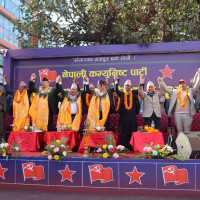
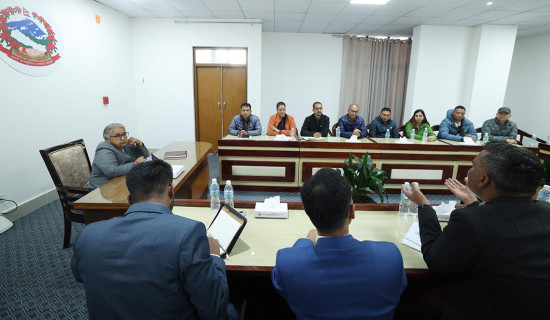
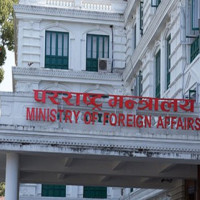
-square-thumb.jpg)

